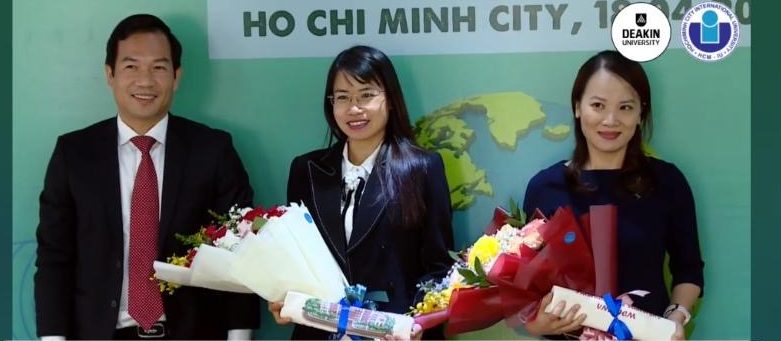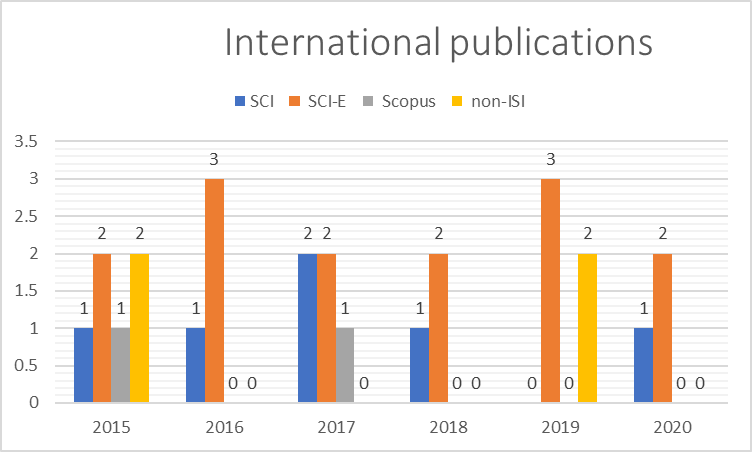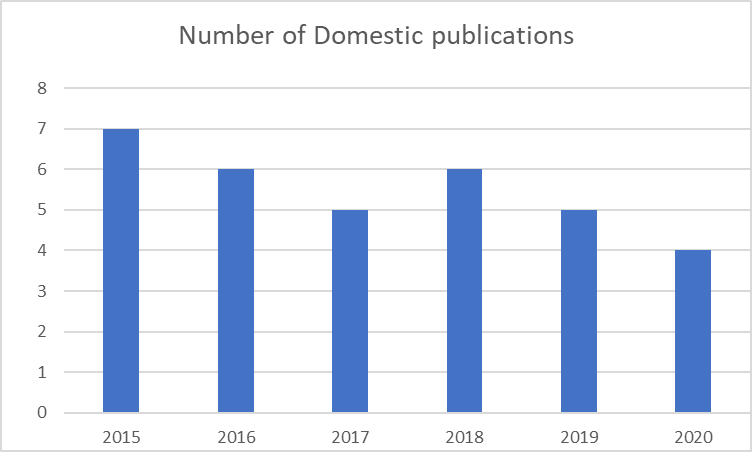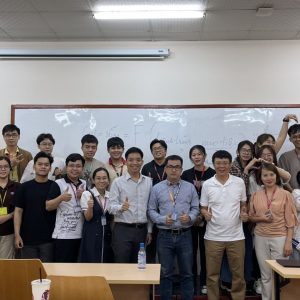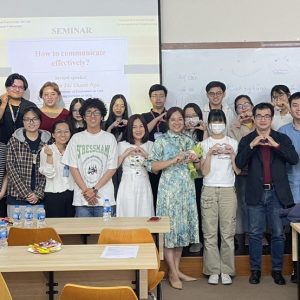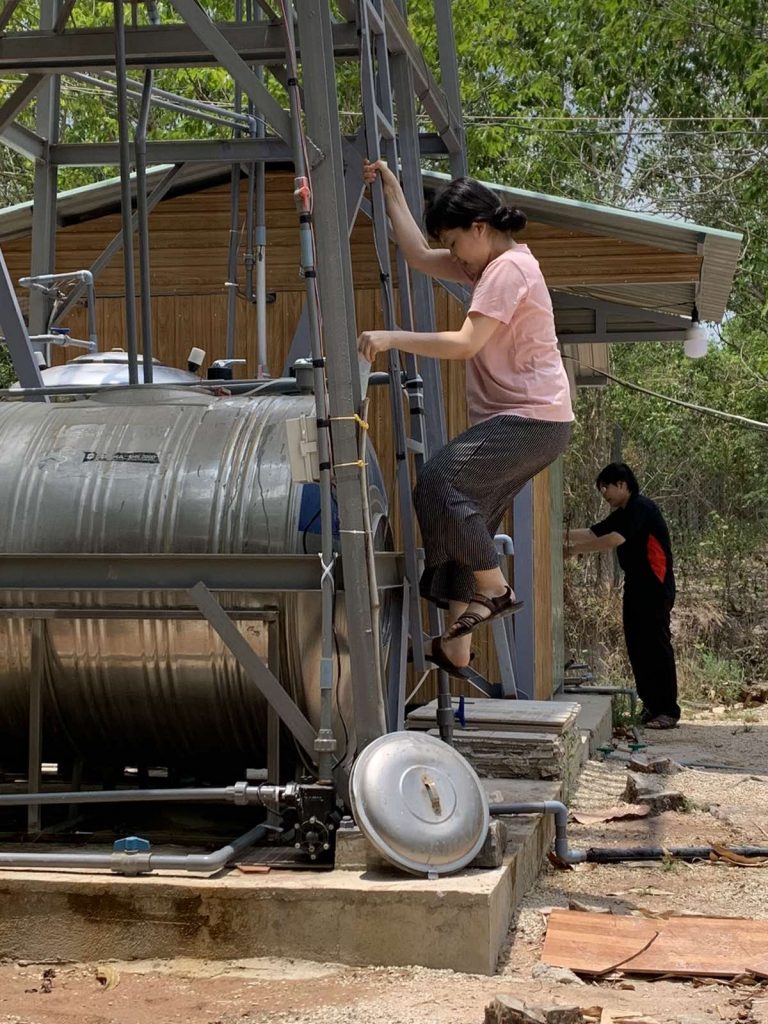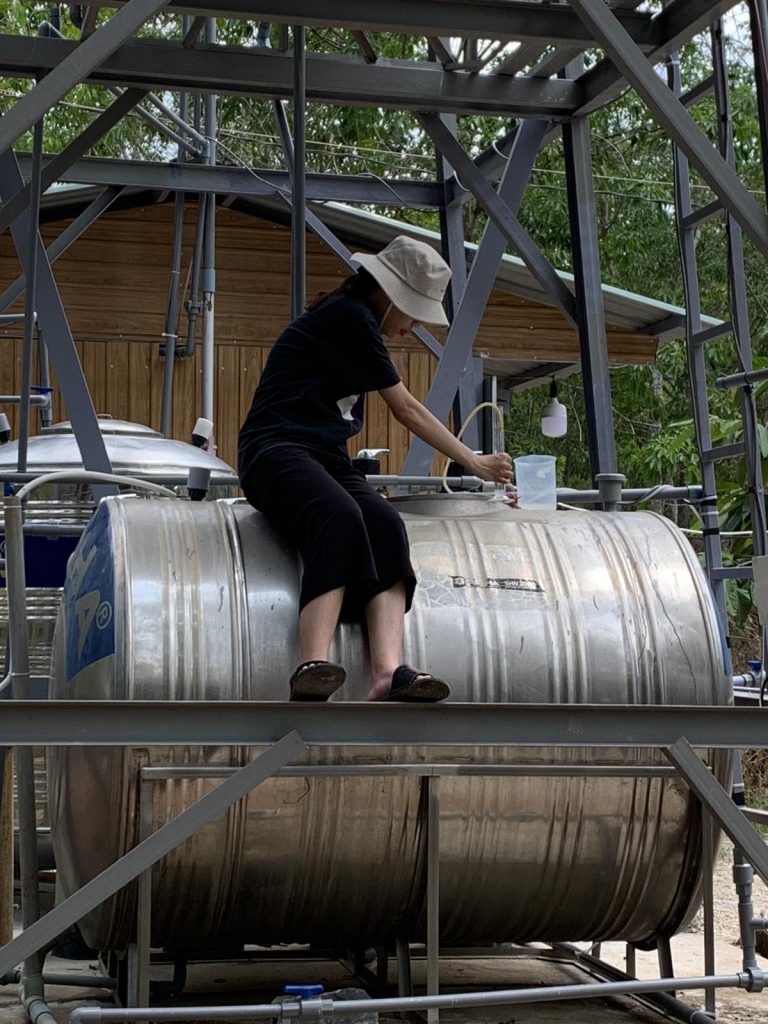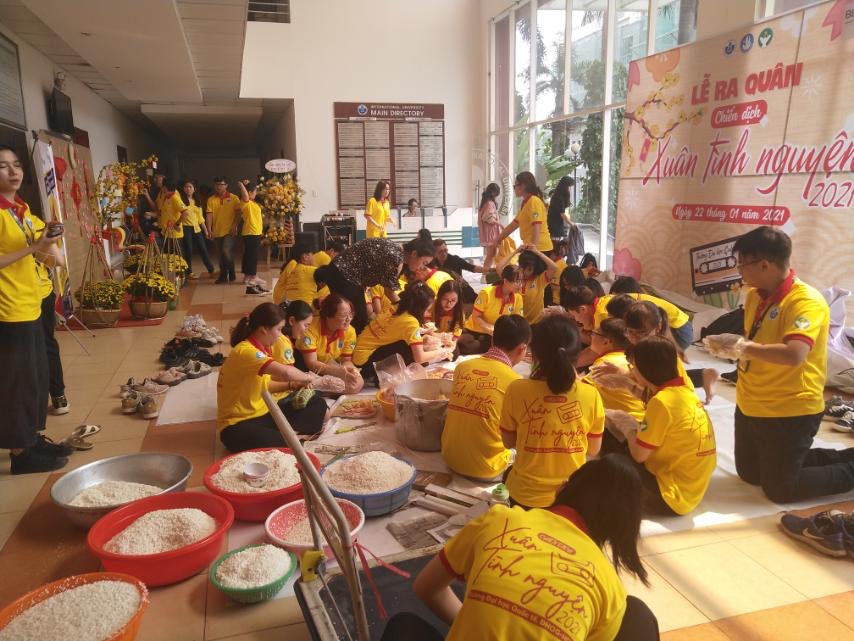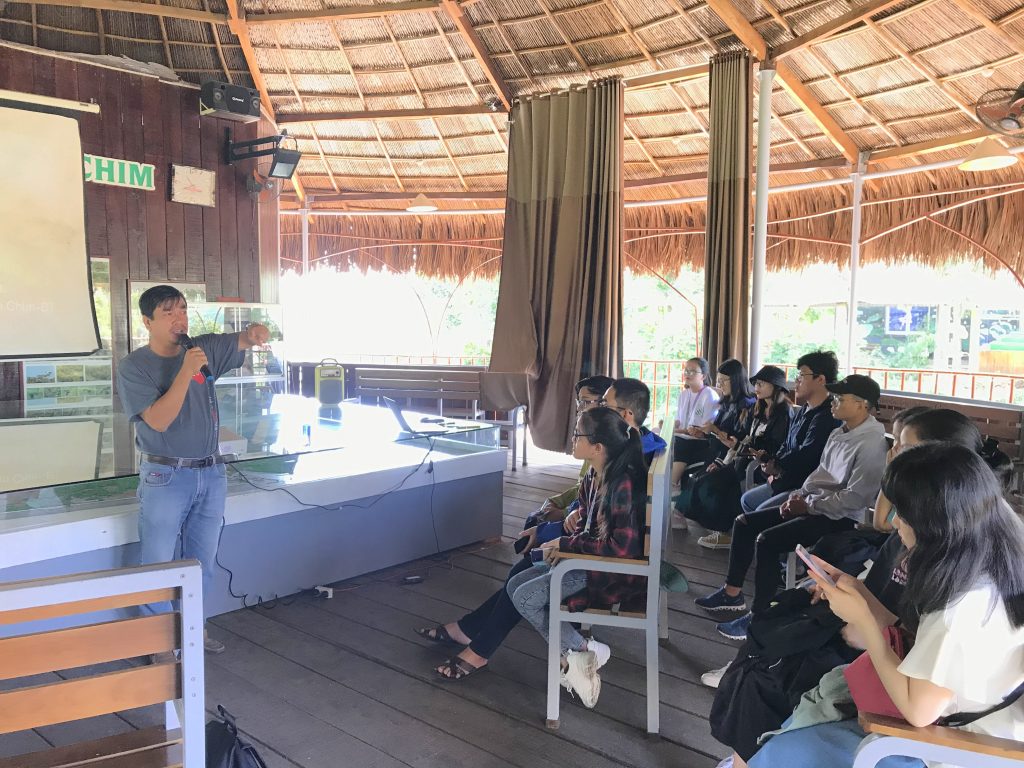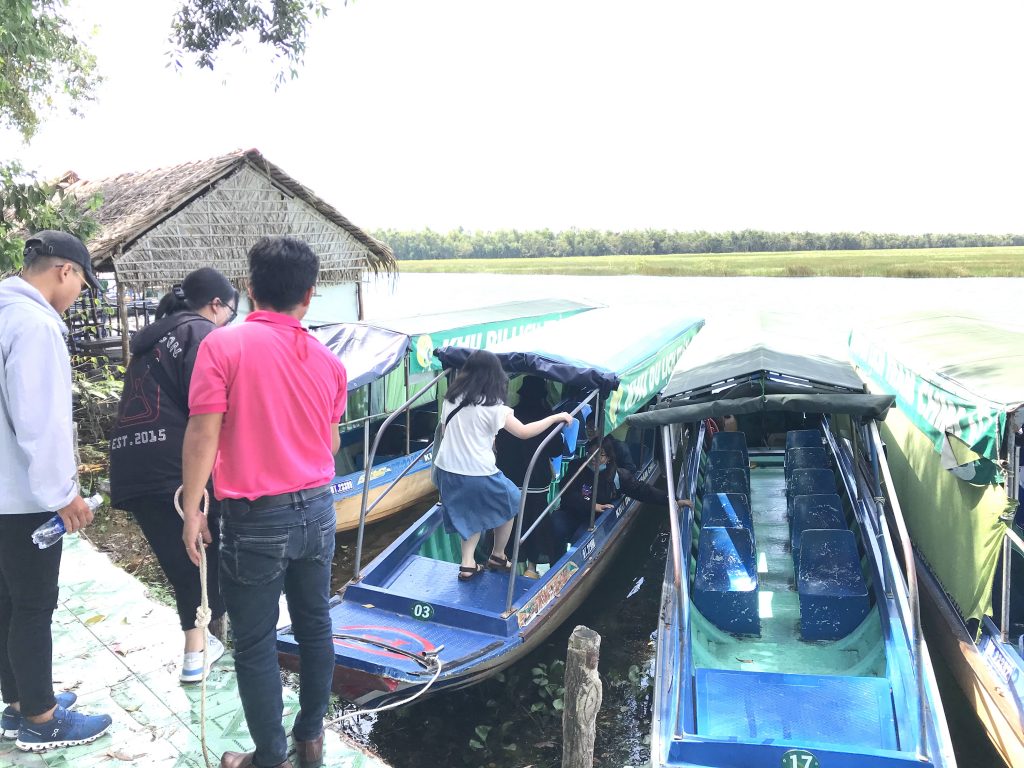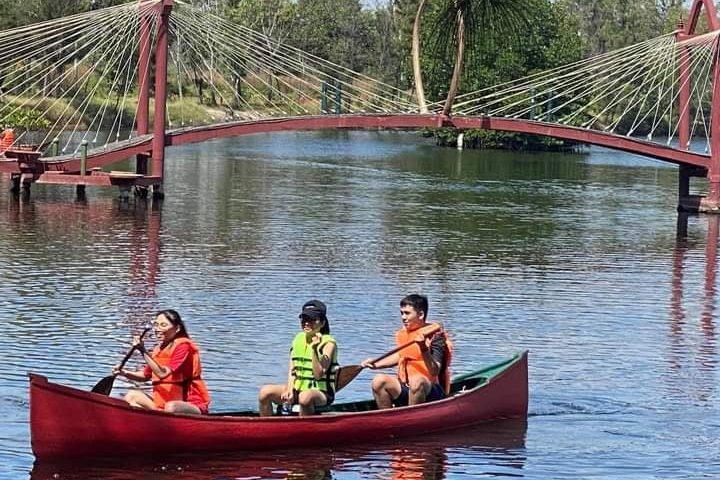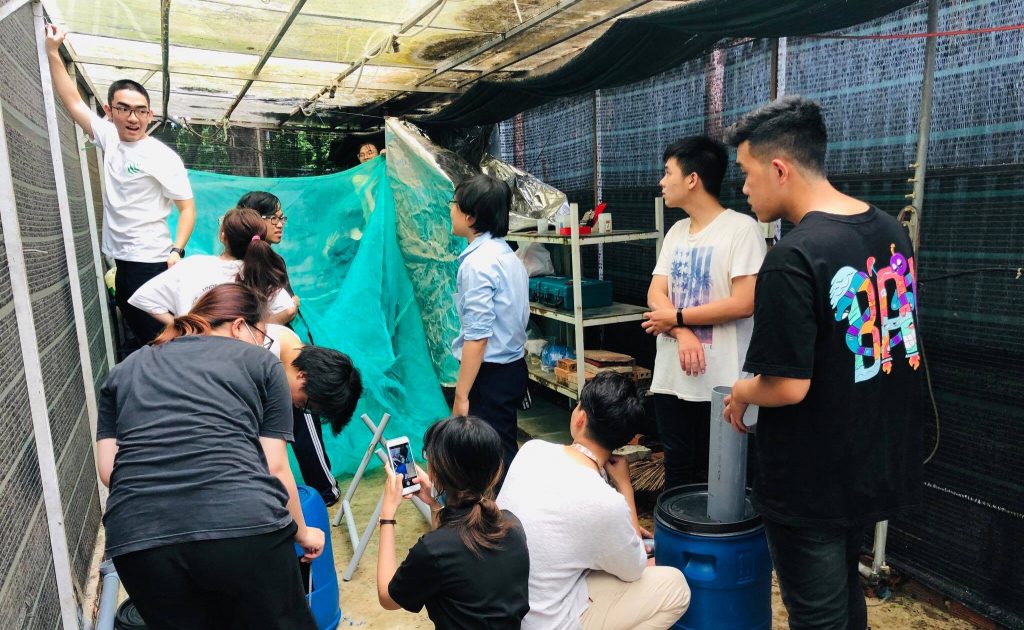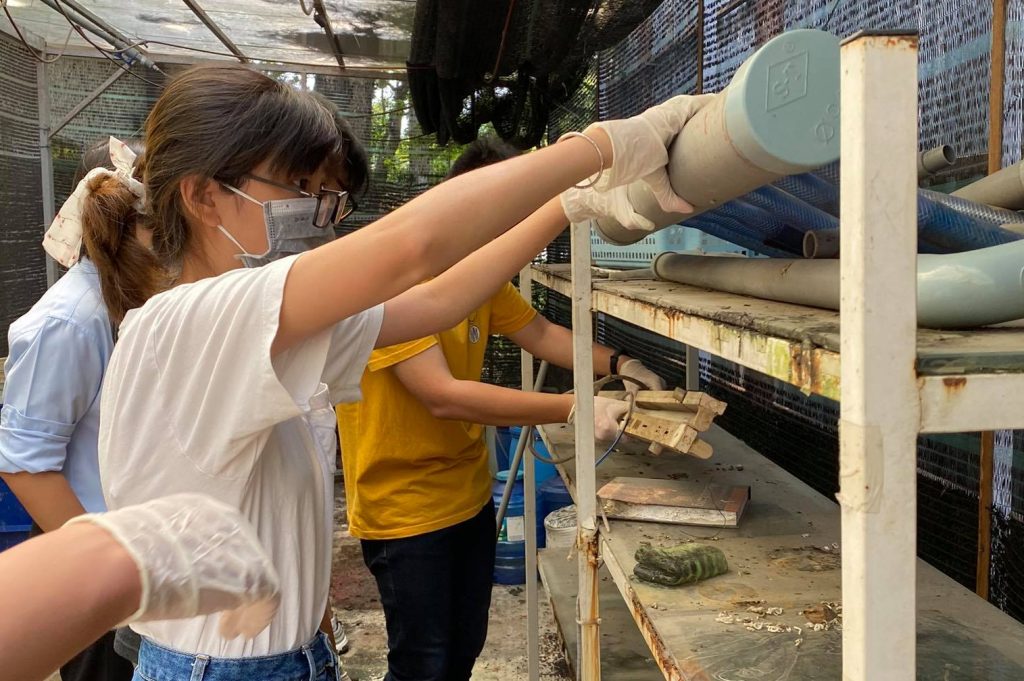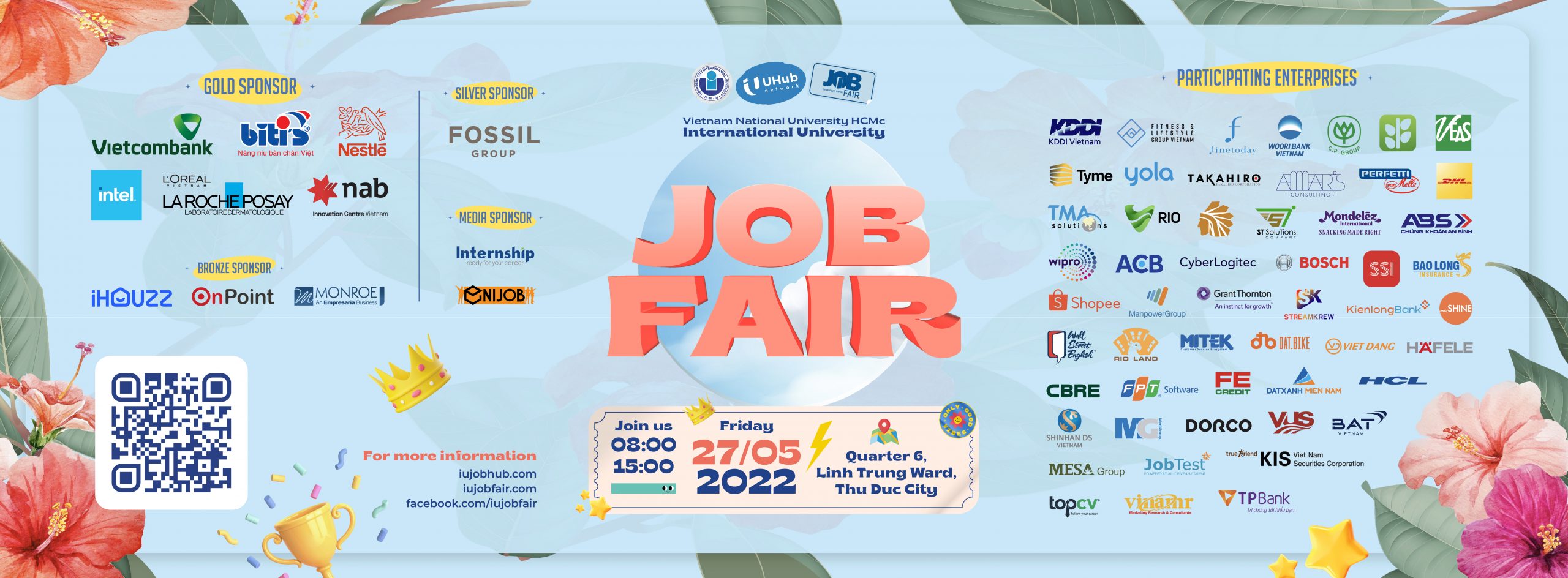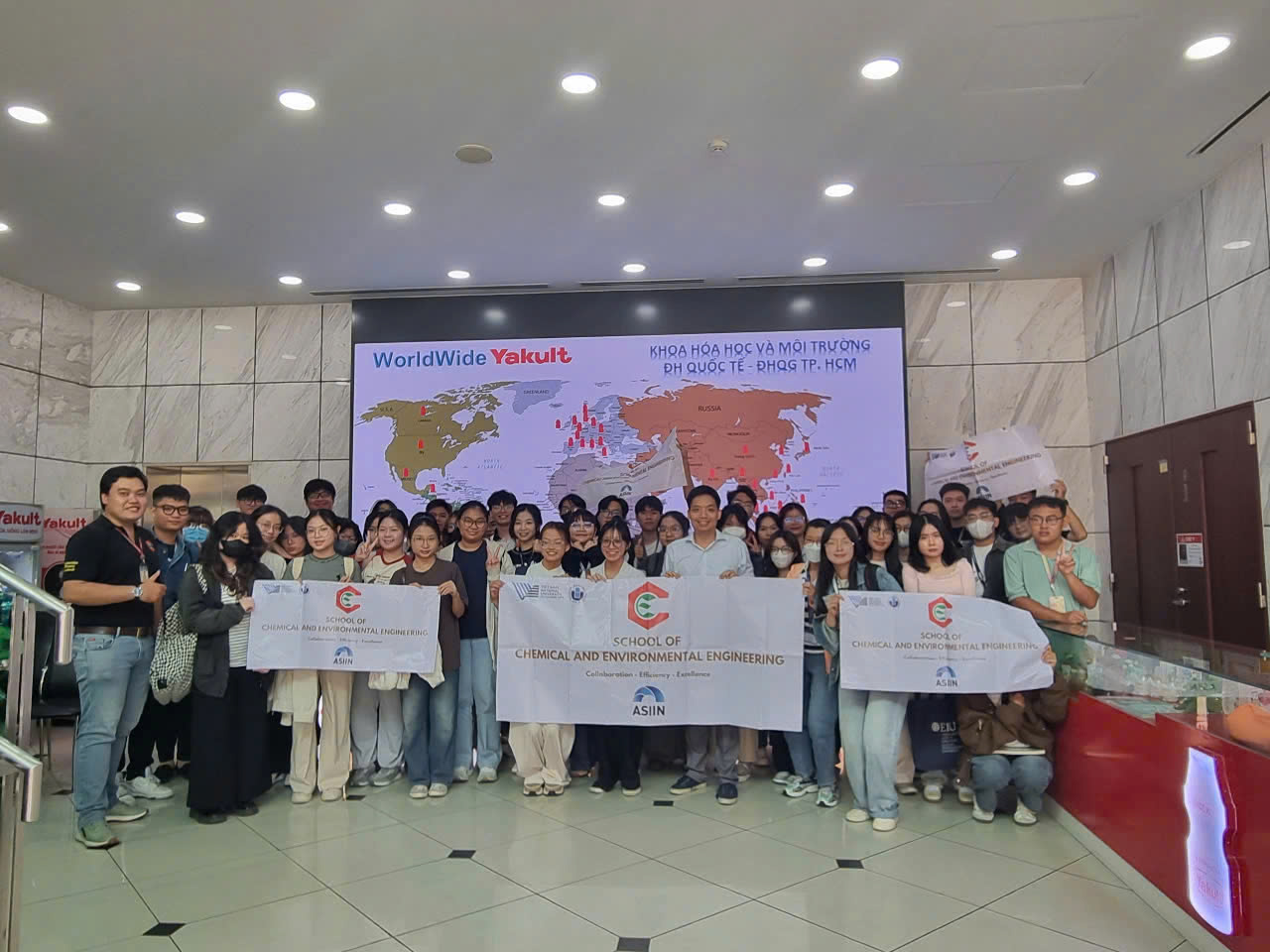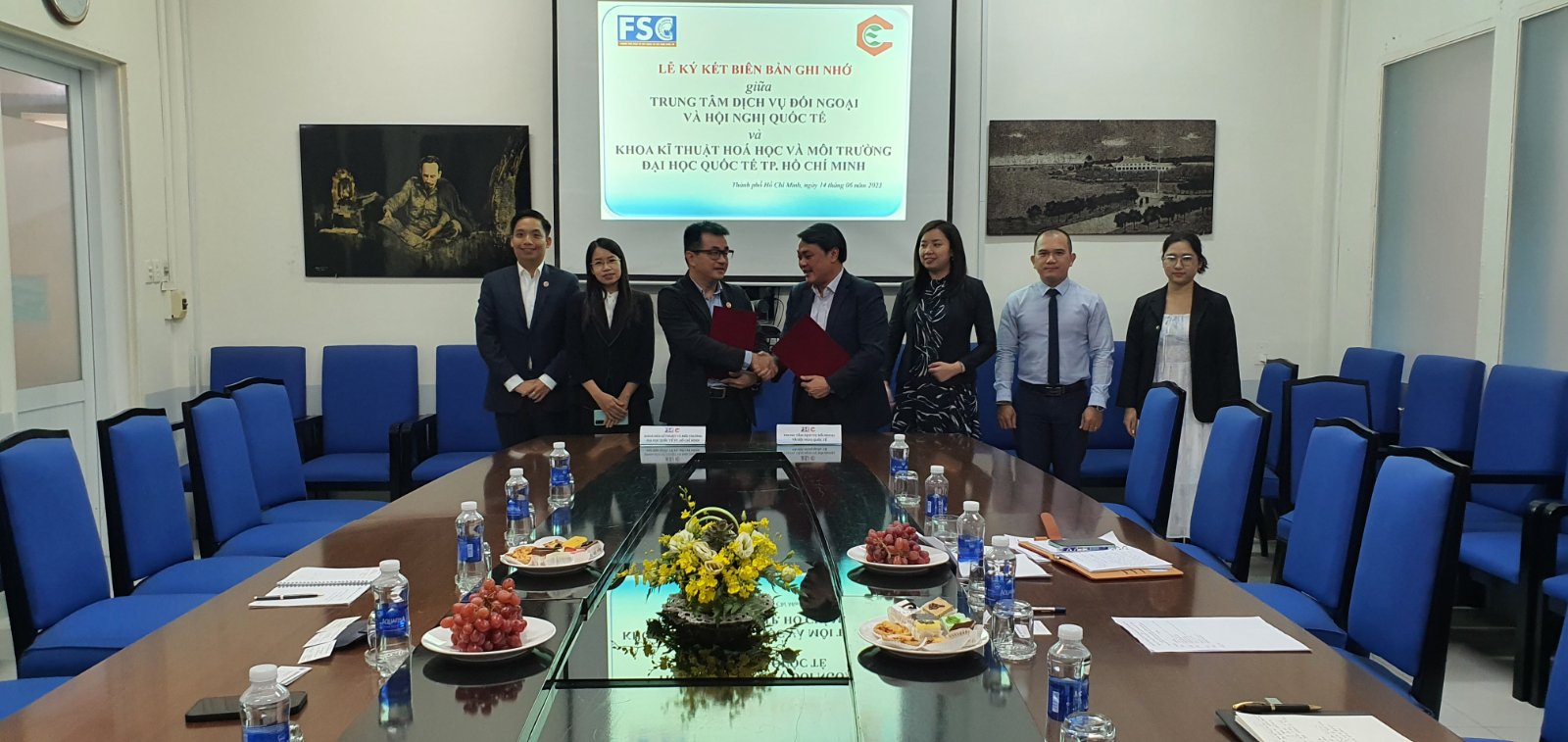Introduction
Vision and mission
Lecturers & Staffs
Strategic partners
Laboratories
Program specification
Program objectives
Intended Learning Outcomes
Curriculum Overview
Curriculum Map
Module Handbook
Student Handbook
Research
Conferences & Seminars
Admission counselling
Student
Alumni
Career opportunities
News & Activities
Contact us
| SCHOOL OF CHEMICAL AND ENVIRONMENTAL ENGINEERING |
The School of Chemical and Environmental Engineering was established on Sept. 14th, 2022 from the integration two departments, Department of Environmental Engineering & Department of Chemical Engineering. With the “job-ready” philosophy, the education program for chemical engineers and environmental engineers at International University is designed to meet the needs of the global labor market and for qualified engineers having practical, good English and proficient skills in the field of chemistry and environment.
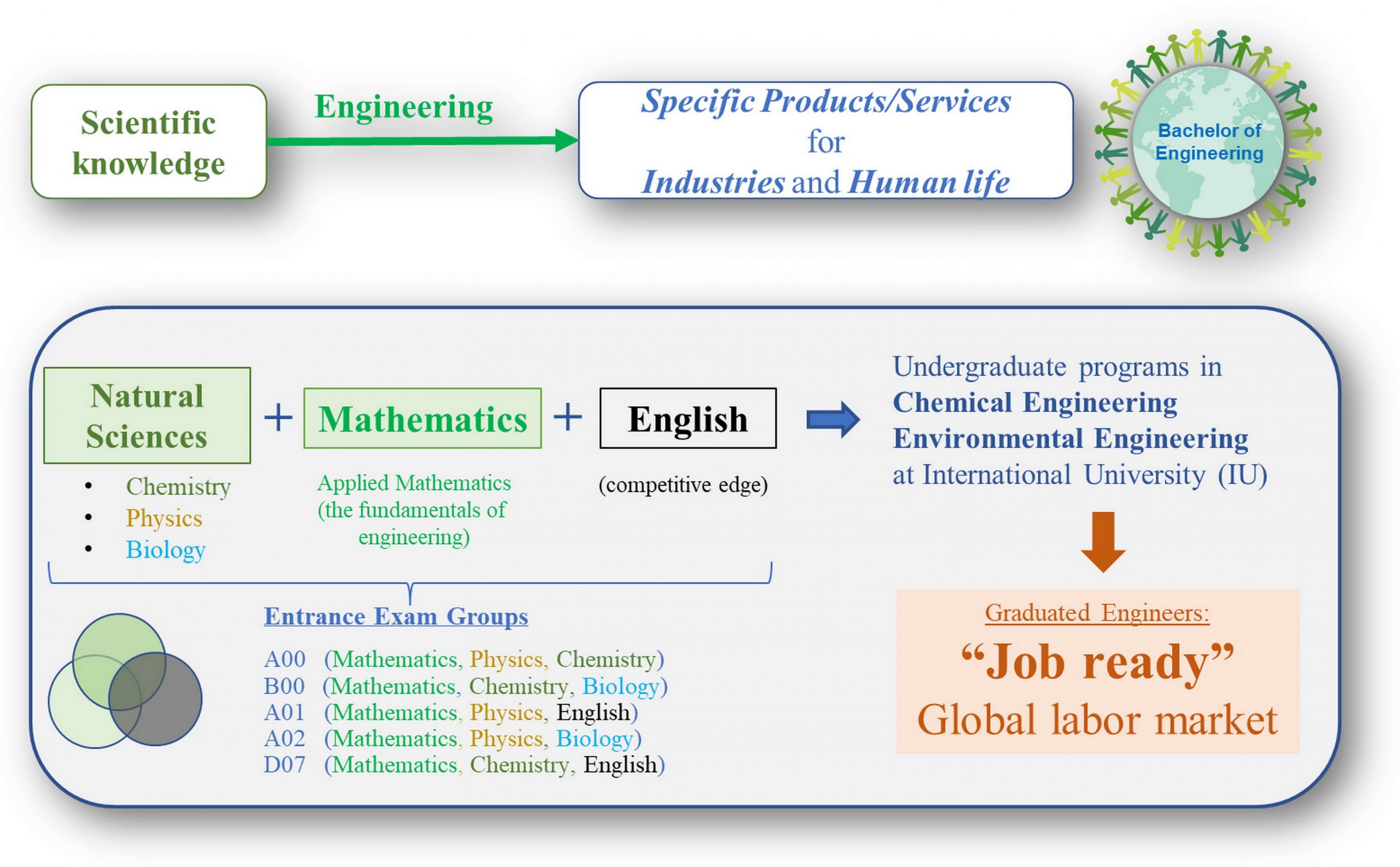
| EDUCATION PROGRAM |
The School of Chemical & Environmental Engineering aspires to be a place where quality and prestigious chemical and environmental engineers are trained. Chemical and environmental engineers trained in the discipline will be able to meet the needs of the global job market by applying basic knowledge to solve a wide range of problems in the industry. Engineers who graduated from International University’s engineering program can communicate and use English fluently, work well in teams, and adapt well to diverse working environments.
Chemical Engineering Program:
Program Code: 7520301
Entrance Exam Groups: A00; A01; B00; D07
Environmental Engineering Program:
Program Code: 7520320
Entrance Exam Groups: A00; A02; B00; D07
EVE Curriculum from Batch 2019 – SCHOOL OF CHEMICAL & ENVIRONMENTAL ENGINEERING (hcmiu.edu.vn)
| CAREER OPPORTUNITIES |
The graduates will have full capability to work in the following fields:
- Research and development (R&D) at R&D units of factories, companies, and research institutes;
- Teaching and researching at educational institutions such as universities, colleges, institutes/research centers, etc;
- Production (operation, supervision, design) at factories, companies in the fields of (i) petrochemicals (refineries, chemicals, plastics…); organic chemicals (cosmetic, lotion, shampoo…); pharmaceutical chemistry (herbal medicine, drug preparation, drug production equipment…), new material technology (polymer materials, ultra-strong, lightweight materials); food technology; applied biotechnology; clean energy production; (ii) water/wastewater treatment, air pollution control, solid waste and hazardous waste management, environmental treatment systems.
- Business – technical services: consulting, providing optimal technical solutions, technical equipment and services in environmental treatment and management , HSE (Health, Safety and Environment); Environmental monitoring and analysis;
- Managing and conducting business in the aforementioned factories, companies, and state agencies.
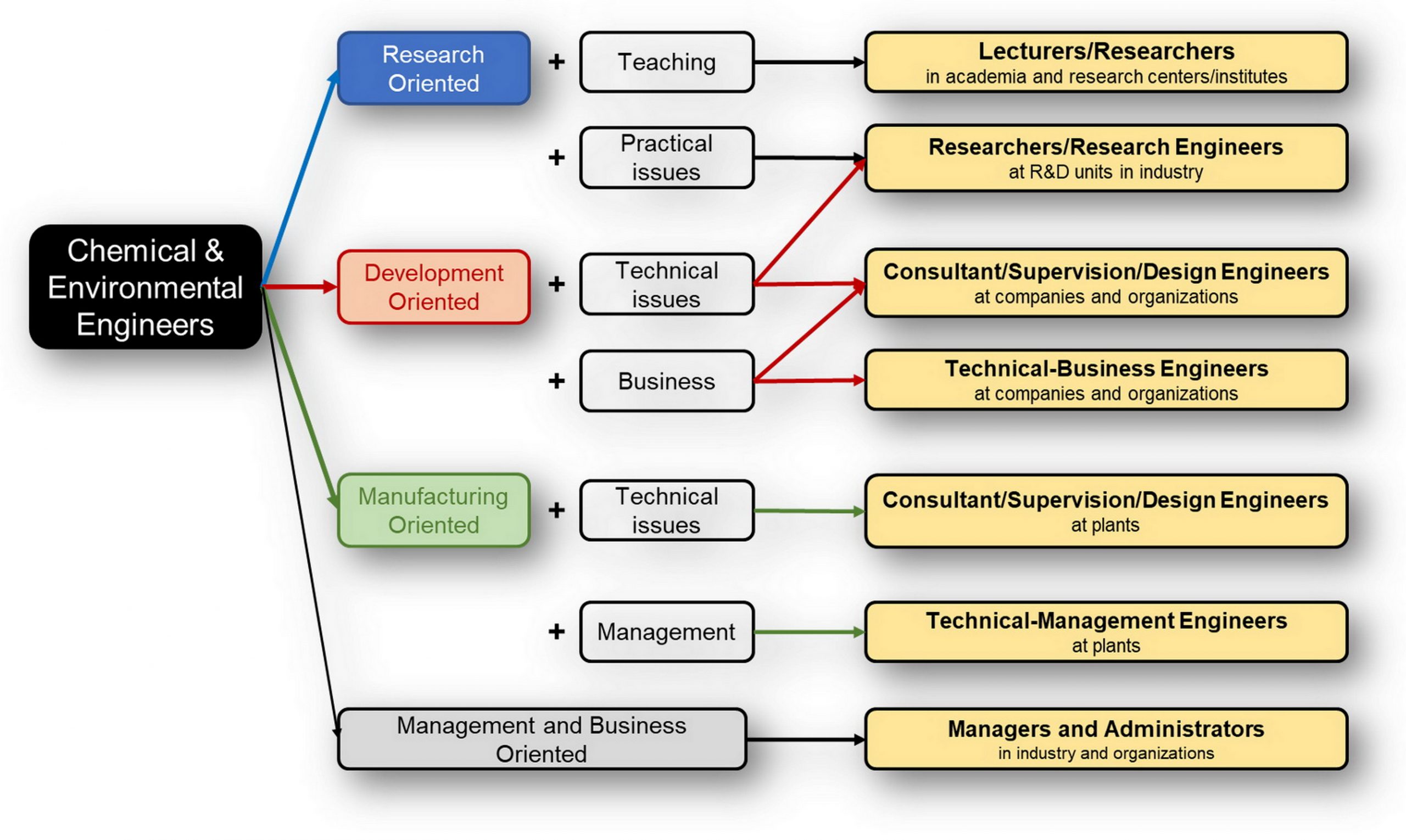
| RESEARCH INTERESTS |
- Environmental chemistry; Treatment of wastewater and emissions by biotechnology; Treatment of difficult to decompose compounds by mineral materials
- Gas treatment, water treatment, ferrate material
- Water quality, Antimicrobial resistance, Quantitative microbial risk assessment (QMRA), Biomonitoring, Bioremediation
- Climate change mitigation and adaptation, green energy, low carbon society, sustainable development
- Solid waste treatment; Composting; Biodegradation
- Developing novel nanomaterials in applications of drug-delivery, separation processes, and environmental contaminants treatment.
- Combining experimental and computational tools for:
-
-
- Novel materials design (e.g., adsorbant, homo-/hetero-genoeous catalysts, nano-materials for drug delivery, etc.).
- Development of alternative and biologically-derived fuels.
- Extraction of natural products for pharmaceuticals and cosmetics.
- Optimization of complex chemical/physical processes (e.g, combustion, atmospheric conversion, extraction, etc).
-
| SCIENTIFIC PUBLICATIONS |
Statistics on scientific publications in the 2021-2022 academic year:
- Total number of papers: 46
- Average: 2.6 quartile-Q1 papers/faculty/year
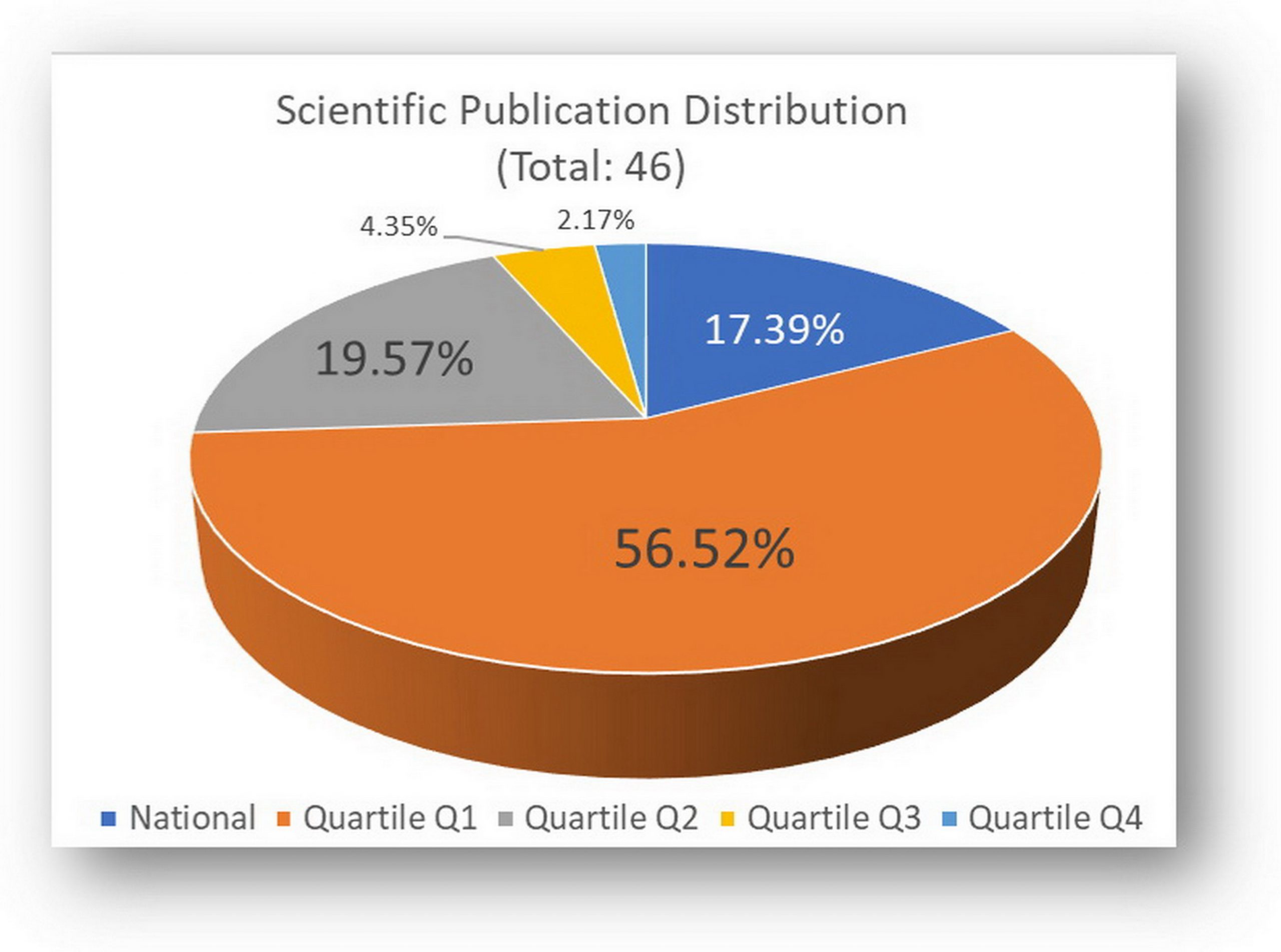
| FACULTY & STAFF |
Faculty and staff at the school have extensive experience teaching and conducting research and have received training at prestigious universities in the United States (University of Utah, University of Louisville), United Kingdom (Imperial College London), Korea (University of Ulsan), Japan (Kyoto University) and Taiwan (National Central University, National Chiao Tung University). A number of international and national awards have been bestowed upon our faculty and staff for their contributions to education and research.
| LABORATORY SYSTEM |
The laboratory system consists of experimental (i.e., Organic/Inorganic Chemistry*, Physical & Analytical Chemistry*, Environmental Teaching, Environmental Treatment, Engineering, Microbiology* and Process Engineering*) and modeling/simulation (i.e., Computational Chemistry) laboratories. These labs provide students with an opportunity to learn about the latest advances in chemical and environmental engineering. Students also benefit from strong collaborations with national and global partners who share our vision of providing world class education and research opportunities. For detailed information about the lab facilities, please visit: https://cee.hcmiu.edu.vn/lab/lab-facilities/
* Under construction/investment
| CONTACT INFORMATION |
School of Chemical and Environmental Engineering
Room A2-403
Tel: (028) 3724 4270 Ext. 3950
Website: http://cee.hcmiu.edu.vn
Email: cee@hcmiu.edu.vn
Facebook page: https://www.facebook.com/CEE.IU.VNUHCM
To Be Update
Lecturer and Research Interest
| Research Interest | Research Domain | ||||||
| Energy | Environment | Pharmaceuticals & Cosmetics | Materials | Process Engineering | Experimentation | Modeling & Simulation | |
 Assoc. Prof. Assoc. Prof.Huynh Kim Lam, PhD (Dean) |
✓ | ✓ | ✓ | ✓ | ✓ | ||
 Assoc. Prof. Assoc. Prof.Nguyen Thi Thuy, PhD (Vice Dean) |
✓ | ✓ | ✓ | ||||
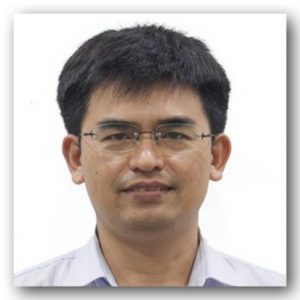 Phung Thanh Khoa, PhD Phung Thanh Khoa, PhD |
✓ | ✓ | ✓ | ✓ | ✓ | ||
 Nguyen Thi Hoang Hai, PhD Nguyen Thi Hoang Hai, PhD |
✓ | ✓ | |||||
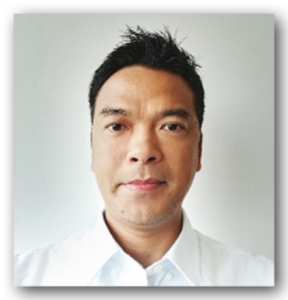 Vu Bao Khanh, PhD Vu Bao Khanh, PhD |
✓ | ✓ | ✓ | ✓ | |||
 Doan Hoai Linh, PhD Doan Hoai Linh, PhD |
✓ | ✓ | ✓ | ✓ | ✓ | ||
 Ngo Thi Thuan, PhD Ngo Thi Thuan, PhD |
✓ | ✓ | ✓ | ||||
 Assoc. Prof. Assoc. Prof.Nguyen Thao Trang, PhD |
✓ | ✓ | ✓ | ✓ | |||
 Tran Thanh Tu, PhD Tran Thanh Tu, PhD |
✓ | ✓ | |||||
Researcher and Teaching Assistance
| Researcher | ||||

|
||||
Staff
| Secrectary | ||||
 Nguyen Thi Thuy Hang, MEng Nguyen Thi Thuy Hang, MEng |
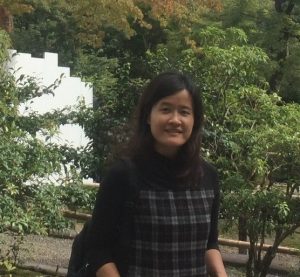 Nguyen Thi Kim Tuyen, BA Nguyen Thi Kim Tuyen, BA |
|||
| Laboratory Technician | ||||
 Tran Le Dang Khoa, MSc Tran Le Dang Khoa, MSc |
 Dang Ngoc Quan, BEng Dang Ngoc Quan, BEng |
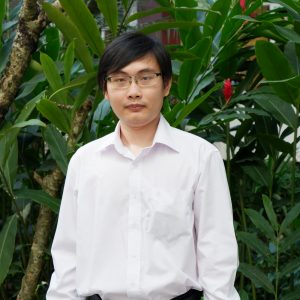 Hoang Gia Phuc, BEng Hoang Gia Phuc, BEng |
||
- Program title:
-
- In Vietnamese: Kỹ thuật Môi trường
- In English: Environmental Engineering
- Program Code: 7520320
- Type of Degree: Full time
- Study period: 4 years (8 semesters)
- Mode of study: Full time
- Language of study: English
- Awarding institution: International University
- Name of the final award:
| English | Bachelor of Engineering in Environmental Engineering |
| Vietnamese | Kỹ sư Kỹ thuật Môi trường |
- Total Credits: 150 (excluding physical studies, national defense studies, intense English courses)
Consortium Subjects for enrollment selection:
A00: Mathematics, Physics, Chemistry
A02: Mathematics, Physics, Biology
B00: Mathematics, Chemistry, Biology
D07: Mathematics, Chemistry, English
Enrollment quotas: 30
Programme Specification
Program Objectives
PO1. Graduates will have general, fundamental and advanced knowledge focusing on the field of environmental engineering: water-wastewater treatment, air pollution control engineering, and solid waste management in order to solve environmental issues and continue their study at a higher level.
PO2. Graduates should have an ability to identify the problem, clarify the specification, consider possible solutions, design, implement, and operate environmental treatment systems adapting to the social demand and national regulations.
PO3. Graduates should have professional skills and attitude, adequate soft skills to communicate and work effectively in a team with diverging characteristics to solve environmental engineering problems.
Intended Learning Outcomes
| No. | Intended Learning Outcomes |
| 1 | An ability to apply knowledge of mathematics, sciences and engineering to solve environmental engineering problems |
| 2 | The broad education necessary to understand the impact of environmental engineering solutions in a global, economic, environmental and social context. |
| 3 | An ability to identify, formulate, and solve environmental engineering problems |
| 4 | An ability to design and conduct classical and modern experimentations, as well as to analyze and interpret data. |
| 5 | An ability to design environmental systems, components or processes to meet desired needs within realistic constraints such as economic, environment, occupational health and safety |
| 6 | An ability to use the techniques, skills and modern technical tools necessary for technical practice in environmental engineering |
| 7 | An ability to communicate effectively in English, writing reports, and presenting technical topics. |
| 8 | An ability function on multidisciplinary teams |
| 9 | An ability to understand and practice professional and ethical responsibilities |
| 10 | A recognition of the need for, and an ability to engage in lifelong learning. |
CURRICULUM OVERVIEW
| No. | Batch | Descriptions |
| 1 | 2017,2018 | 135 Credits / 234.13 ECTSS (Training period: 4 years) |
| 2 | 2019,2020,2021,2022 | 150 Credits / 257.79 ECTS (Training period: 4 years) |
| 3 | 2023 onwards | 150 Credits / 264.13 ECTS (Training period: 4.5 years) |
To Be Update
To Be Update
To Be Update
|
|
|
|
|
|
|
|
|
|
|
|
|
|
|
|
|
|
|
|
|
Updating……
Students gain hands-on experience at Kaken MTV Vietnam – textile testing expert
On Thursday, April 17, 2025, Dr. Phung Thanh Khoa and Mr. Dang Ngoc Quan – lecturers from the Department of…

Tan Loc Technical Industrial CO., LTD Recruitment Note
Tan Loc Industrial Engineering Company Limited is a company specializing construction and development of high-tech livestock and crop farms; consulting,…
JOB FAIR 2022
WHEN: 8g00 – 15g00, 27 May 2022 (FRIDAY) ? AT: International University, Quater 6, Linh Trung Ward, Thu Duc District, HCMC ? …

Green Valley Environment & Construction JSC – Environmental Compliance Consultant
ENVIRONMENTAL COMPLIANCE CONSULTANT Environmental Impact Assessment, EIA Commissioning Specialist Working place: Headquarter in Thu Dau Mot, Binh Duong. Company size: 20 employees Under the department: Environmental Engineering…

Green Valley Environment & Construction JSC – Environmental Engineer
ENVIRONMENTAL (WATER AND WASTEWATER DESIGN) ENGNEERS Technological Design, construction implementation and supervision Working place: Headquarter in Thu Dau Mot, Binh Duong Company size: 20 employees Under…

Job Fair 2022 & IU Summer Camp 2022
Job Fair 2022 Time: 8:00 – 15:00, 27/5/2022 (Friday) Venue: International Univesity – Thu Duc Campus More information at:…
Field trip to Yakult Vietnam Factory – Binh Duong
On April 24, 2025, students from the School of Chemical and Environmental Engineering (CEE) – International University, Vietnam National University…
Students gain hands-on experience at Kaken MTV Vietnam – textile testing expert
On Thursday, April 17, 2025, Dr. Phung Thanh Khoa and Mr. Dang Ngoc Quan – lecturers from the Department of…

Admission Counseling of School of Chemical and Environmental Engineering Period 12/2023 – 1/2024
The admission counselling events of the School of Chemical and Environmental Engineering (CEE) at the International University – Vietnam National…
Memorandum of Understanding Signed Between CEE and Reecotech for Collaborative Ventures
INTERNATIONAL UNIVERSITY, VIETNAM – January 3, 2024 Memorandum of Understanding Signed Between CEE and Reecotech for Collaborative Ventures In a landmark event…
School of Chemical and Environmental Engineering (CEE) and Foreign Service Center (FSC) Sign Memorandum of Understanding (MOU) on June 14th, 2023
Signing of Memorandum of Understanding (MOU) between the School of Chemical and Environmental Engineering (CEE) – International University – Vietnam…

The Environment related field ranks FIRST among the fields with the highest employment rates for graduating students.
Among 22 fields of study, more than 96% of graduates from the Environmental related field had employment, leading in terms…
SCHOOL OF CHEMICAL & ENVIRONMENTAL ENGINEERING
School’s Office: A2.403, International University
Quater 6, Linh Trung Ward, Thu Duc District, HCMC
Tel: +84 37244270 Ext: 3959 or 3950
Email: cee@hcmiu.edu.vn
Website: http://cee.hcmiu.edu.vn
Facebook/Fanpage: https://www.facebook.com/CEE.IU.VNUHCM
For Chemical Engineering Major
For Environmental Engineering Major
Others
What can students learn in the field of Environmental Engineering at International University?
The Environmental Engineering field utilizes Science, Engineering, and Technology to address environmental pollution issues. Therefore, when studying Environmental Engineering at the University of Technology, students will be equipped with natural science knowledge such as mathematics, physics, chemistry, biology, and foundational knowledge of the field, such as physical and chemical processes, biological processes in environmental engineering, environmental hydraulics, structural engineering, and specialized knowledge in water and wastewater treatment, air and solid waste treatment.
Students will also acquire professional skills such as design and experimentation, data processing and interpretation related to the environment, design and operation of water supply, wastewater, air, and solid waste treatment systems to solve interdisciplinary problems in Environmental Engineering practice and provide technically advanced, economically feasible, and sustainable solutions.
Additionally, students will learn about general knowledge in law, technical economics, project management, entrepreneurship, etc., in order to organize business startups related to technical products and services.
Upon graduation, students will possess soft skills such as independent thinking, logical reasoning, self-management, motivation, problem-solving, lifelong learning, teamwork, effective communication, and proficiency in English and other languages to work efficiently in a professional environment and pursue scholarships for further studies abroad.
The Environmental Engineering field utilizes Science, Engineering, and Technology to address environmental pollution issues. Therefore, when studying Environmental Engineering at the University of Technology, students will be equipped with natural science knowledge such as mathematics, physics, chemistry, biology, and foundational knowledge of the field, such as physical and chemical processes, biological processes in environmental engineering, environmental hydraulics, structural engineering, and specialized knowledge in water and wastewater treatment, air and solid waste treatment.
Students will also acquire professional skills such as design and experimentation, data processing and interpretation related to the environment, design and operation of water supply, wastewater, air, and solid waste treatment systems to solve interdisciplinary problems in Environmental Engineering practice and provide technically advanced, economically feasible, and sustainable solutions.
Additionally, students will learn about general knowledge in law, technical economics, project management, entrepreneurship, etc., in order to organize business startups related to technical products and services.
Upon graduation, students will possess soft skills such as independent thinking, logical reasoning, self-management, motivation, problem-solving, lifelong learning, teamwork, effective communication, and proficiency in English and other languages to work efficiently in a professional environment and pursue scholarships for further studies abroad.
What are remarkable aspects of Environmental Engineering Major at International University?
- 100% of the program is taught in English, with updated teaching materials, and most of the curriculum follows the American standards. All faculty members, both local and international, have graduated from advanced countries and possess extensive teaching experience.
- The program emphasizes the integration of theory and practice, with practical components integrated into most subjects. This approach aims to provide students with strong professional skills that meet the needs of the workforce.
- The university places special emphasis on investing in modern equipment and models to facilitate practical teaching. This ensures that every student has the opportunity to access and utilize technological devices in solving real-world problems.
- The training program is designed flexibly, offering various elective modules to allow students to explore different career paths in the future, whether as engineers, entrepreneurs, or pursuing further studies to become lecturers or researchers.
- The training program adopts the CDIO approach, aligning with the standards of ABET, AUN-QA, and benchmarking against equivalent programs at reputable universities worldwide. This ensures the program meets the desired learning outcomes and the recruitment needs of domestic and international companies, particularly foreign companies and non-governmental organizations.
- The department regularly conducts surveys to gather feedback from employers and alumni, in order to update the necessary knowledge and skills in the training program. This ensures that the program remains closely aligned with the practical needs of society.
What are the differences between the Natural Resources and Environmental Management field and the Environmental Engineering field?
The Environmental Engineering field is the discipline that utilizes science, technology, and engineering to address environmental pollution issues.
The Natural Resources and Environmental Management field, on the other hand, is a discipline that employs management tools such as measures, laws, economic policies, and social policies to protect environmental quality and promote sustainable socio-economic development of a country.
What are potential job prospects for Environmental Engineering graduates?
Environmental Engineering graduates can pursue various career paths, such as:
- Business Engineer: Engaging in consulting services and providing optimal solutions, equipment, and utility services in water supply, wastewater treatment, waste management, air pollution control, and HSE (Health, Safety, and Environment) services.
- Design and Operations Engineer: Responsible for designing and operating water, air, soil, and solid waste treatment systems in manufacturing plants, both domestic and international, as well as centralized wastewater, air, and solid waste treatment facilities.
- Management Engineer: Participating in environmental impact assessment and managing water, air, and solid waste treatment systems in private organizations, government agencies, international entities, and non-governmental organizations (NGOs).
- Research Engineer: Engaging in research, design, and operation of new environmental treatment technologies, conducting sustainable solutions for environmental treatment in universities, research institutes both domestic and international, and environmental manufacturing and service companies.
- Environmental Lecturer: Graduates can continue their education and enhance their qualifications to teach environmental courses at vocational training centers, high schools, institutes, and universities.
These are some potential career paths for Environmental Engineering graduates, offering opportunities in various sectors related to environmental management, engineering, research, and education.
Parents and students wonder whether doing environmental jobs cause bad effects to human health or not?
Does Environmental Engineering program require students to engage in practical exercises extensively?
How will students be assisted in gaining a better understanding when applying theoretical knowledge to practical situations?
The principle of ‘Learning by Doing, with Students at the Center’ is the teaching and learning strategy of the faculty, researchers, and specialists in the Environmental Engineering Department. Therefore, most of the courses in the field integrate practical credits to help students gain a better understanding of the subject matter. Diverse teaching methods are employed to enable students to develop professional skills and explore their individual abilities.
The department also invites experts in the field to participate in teaching, providing students with a deeper understanding of practical applications. Additionally, students have the opportunity to engage in field visits to relevant facilities and undergo practical internships at foreign companies with environmental departments. With the diverse range of practical activities in the field, students will undoubtedly gain a comprehensive understanding of the industry through hands-on experience.
Does studying Environmental Engineering require students to have a good understanding of social knowledge?
Understanding social knowledge is an advantage when studying Environmental Engineering. Any technical or environmental management solution is determined based on the context and social needs. Recognizing the importance of social knowledge in these two fields, the training program of the major is designed using the CDIO approach, which is based on social needs to determine the student learning outcomes, and subsequently develop the curriculum and training plans. Within this framework, social knowledge and skills related to the field, such as understanding politics and laws, knowledge of the business environment, teamwork skills, and communication skills, are integrated and taught in the program.
For majors related to the environment, do candidates need to excel in Chemistry or Biology, or are there any specific requirements for the field?
The Environmental field is related to the application of knowledge in the natural sciences. Therefore, candidates who wish to pursue this field are not necessarily required to excel in Chemistry or Biology. However, if candidates excel in Chemistry or Biology, it can be an advantage for in-depth research and application of knowledge in managing and addressing environmental issues.
Similar to other fields in Engineering and Technology, candidates interested in Environmental studies should have a passion for exploring the environment, discovering various techniques, technologies, and tools for addressing environmental issues.
Does Environmental Engineering program at our university have distinctive features that attract students (such as exchange programs, internships abroad, and internship support)?
In addition to the unique integrated training program and modern facilities at the International University, the exchange programs and internships abroad are also special features of these two fields at the International University. Every year, the International University organizes numerous exchange programs and internships. The faculty members have graduated from foreign universities and have research collaborations with renowned institutions worldwide, providing students with opportunities for research internships abroad.
My English speaking skills may be a bit weak, but my other skills are quite good, so can I keep up with the curriculum?
English proficiency is a common issue among new students at the university. Students admitted to the International University will take an English proficiency test at the beginning of the course, either the TOEFL iBT or IELTS. The results are used to classify students’ English proficiency levels.
Students can enroll directly in the official program if they achieve a minimum TOEFL iBT score of 60 or an IELTS score of 6.0. If students do not meet the minimum English proficiency requirements, they will undergo intensive English classes for one or two semesters, depending on their proficiency level.
The intensive English program is designed with different levels, following the TOEFL iBT/IELTS format, to help students gain the necessary abilities and confidence to pursue the regular program.
Students who already have English certificates (TOEFL iBT, IELTS) will be placed in classes according to their corresponding proficiency levels.
Additionally, students can become members of English clubs such as the Film Club and English Speaking Club to further develop and enhance their listening, speaking, and presentation skills in front of an audience.
To be Update


